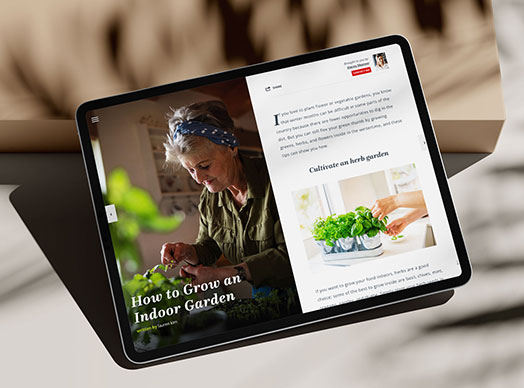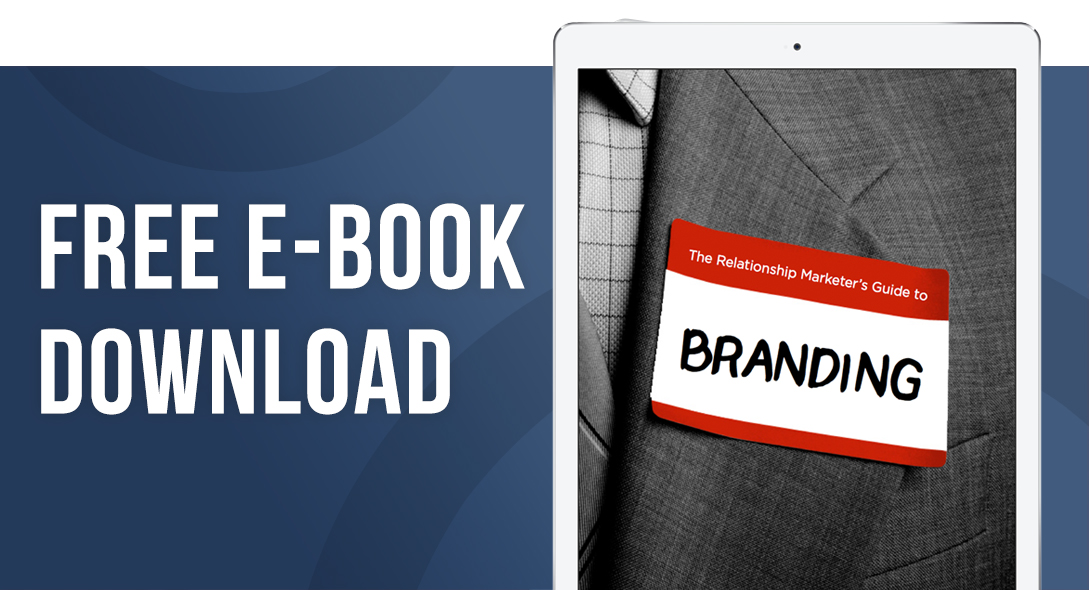There are thousands of consumer electronics companies, so why can you name only a few? Apple, HP, LG, Microsoft . . . and the list starts to taper off. While these are enormous companies with vast market value, at the end of the day they sell things—commodities like bread and milk.
You can’t compare the power of an iPhone 16 Pro to a slice of bread, but there is a reason why Apple has become the most globally recognized brand. Though its products are coveted, it’s not necessarily about the product at all.
Companies like Apple—which can establish value that far surpasses the commodities they sell—are the ones that become the most successful. Just look at any multi-billion-dollar corporation and you will see the same thing. These businesses have established a laser-focused brand that taps into consumers on an emotional level, not solely an economic level.
So, how can you transform your product or service from a commodity to a well-developed, well-recognized brand? You can start by looking at the success of other brands, and tap into the best way to apply their strategy to your business.
If you don’t believe in your brand, who will?
Ultimately, the first step in convincing others to buy into your brand is believing in it yourself. If you don’t have complete confidence in what you’re selling, how can you expect anyone else to?
Step back and take a look at what exactly you’re offering the consumer. As a real estate agent, your expertise in the market makes it easier for buyers and sellers to understand the complexities of real estate and how to navigate them. As a financial advisor, your guidance is critical in helping people forge a stable financial future. As an insurance broker, your knowledge can help clients best protect what’s most valuable.
Before Steve Jobs presented his ideas to the world, there was hardly anyone else thinking about making computer technology accessible to the consumer market. Sure this type of technology could be used for business, but home-use by individuals who have little to no experience with technology?
The theory might have seemed crazy, but by believing in his vision, Jobs sold others on his idea too. Exemplifying passion for your business is what the consumers want to see. No matter your product or service, you must believe in your ability to sell it before you can expect people to line up to work with you. In many referral-based businesses, you are your brand—and that can be hard to swallow.
The forgiving (and unforgiving) consumer
It can be uncomfortable to blend yourself and your brand into a cohesive unit, but if you want consumers to see you as a brand and not as a commodity, you have to establish your business’s personality.
You can start by thinking about the brands you trust the most, and how you first came to put your faith in them. Apple and Microsoft have had some hiccups in their tenure (think the hockey puck mouse and Internet Explorer 6), but even these failures didn’t stop loyal fans from remaining faithful.
Consumers are relatively forgiving when it comes to a brand they trust, but there is plenty of grey area in the process of building that trust. When you’re starting out, it’s easier to gain a buyer’s trust and lose it just as quickly. Without an emotional connection, consumers have little issue throwing a brand to the side in favor of the next best thing. Forming an emotional connection takes time, but it’s worth your effort because this type of connection is far more valuable than any other.
Take the athletics industry, for example. When you buy a pair of Nikes, you expect the shoes to look, fit, and perform a certain way for you—no matter where you bought them. A pair of Nikes purchased from a Nike outlet should mirror a pair purchased from a department store. However, if you buy a pair of Nikes and they fall apart after only a few wears, you’ll be disappointed because you expect a certain level of quality—but that experience may not stop you from buying Nikes again. On the contrary, if you purchased new running pants from an unfamiliar brand and they ripped upon first use, you would likely never buy anything from that brand again.
This back and forth between brands you are comfortable with and what they represent, versus brands you have no experience with, can be applied to your relationship with your clients. If you spend the time and energy forging a bond with them, they’re far more likely to trust you for life, refer you to their friends and family, and see you as more than a commodity, but as a brand.
You don’t have to have the same consumer base as Apple or Nike to apply their tactics to your business. No matter the industry, taking the time to differentiate yourself and establish a personal connection is key in helping consumers see past the economics and into the passion of what you’re selling. This type of connection should not be overlooked. After all, it’s what drives you (and millions of other people) to continue buying from the world’s most popular companies.




















